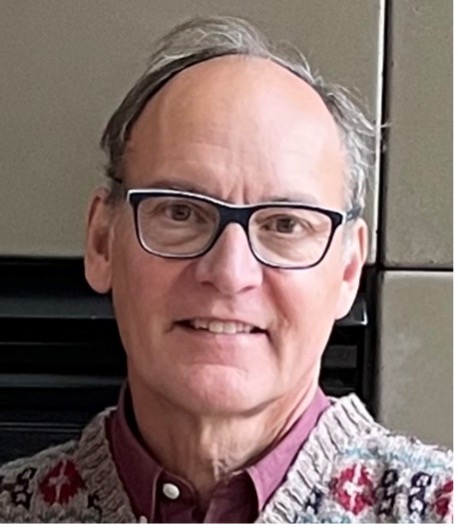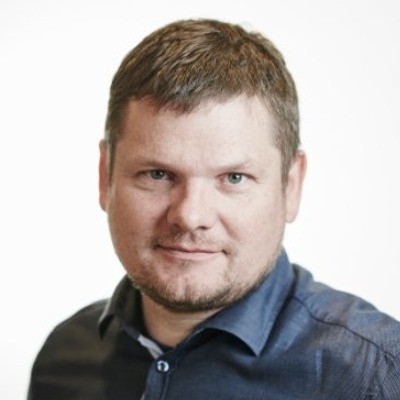CURRENT STUDENTS
STUDENT RESOURCES
COURSE LIST & SYLLABI
FREQUENTLY USED FORMS
DOWNLOAD PROGRAM GUIDES
CURRENT STUDENTS FAQs
For M.S. students, your advisor when you are admitted to KAUST is the Program Chair. For Ph.D. students, your advisor is your PI (supervisor) whose lab you have been accepted in to.
Yes, you can change your advisor. M.S. students are advised to do so if/when they begin their thesis or directed research. Ph.D. students do have the ability to change advisors, but the overall impact to the Ph.D. project, as well as the time left to finish the Ph.D., could be significant. This will have to be taken into account before approval.
M.S. students need 36 credits (combination of courses and research is specific to your program).
Ph.D. students need 6 credits of 300-level coursework and will earn dissertation research credit each semester until they defend (no minimum credits established, although there is a minimum residency requirement of 2.5 years).
M.S. students get all university holidays (Eid Al-Fitr, Eid Al-Adha, Spring break).
Ph.D. students get university holidays and three weeks of annual/vacation leave per calendar year to be taken in agreement with your PI.
Yes. Drop and Add deadlines are on the academic calendar.
Your GPC can help you request these from the Registrar’s Office, or you can contact them directly at RegistrarHelpDesk@KAUST.EDU.SA
Latest Events
KAUST Center of Excellence for Smart Health (KCSH) Dual Seminar
Abstract:
The genomic makeup of an individual remains constant,
limiting its predictive power for health risks. In contrast, proteins,
which change over time, offer more actionable insights into patient
health. SomaLogic uses AI and machine learning with a large database of
over 450,000 protein samples to develop SomaSignal tests—clinical
proteomic diagnostics that assess current health and future disease
risks. The SomaScan Assay platform, based on modified aptamers called
SOMAmer Reagents, can measure 11,000 proteins from a single sample,
providing unmatched proteomic analysis that enhances research and
healthcare outcomes. Additionally, explore the latest advancements in
mass cytometry, microfluidics, and spatial biology through the Standard
BioTools portfolio.
After the seminar, the room is booked for one
hour from 11:00 to 12:00 to facilitate further discussion and
networking with the visitors.

Speaker 1: Dr. Stephen A. Williams
Title: SomaScan Proteomics and the Power of AI in Translational Medicine
Bio:
Stephen Williams, M.D., Ph.D. has been the Chief Medical Officer at SomaLogic since 2009, and is responsible for Clinical R&D, Medical Affairs and Regulatory and Quality. He oversees clinical application of the SomaScan Platform and has also had roles in launching the life sciences commercial business, assay development and bioinformatics.
Dr. Williams previously had an 18-year career at Pfizer, Inc., with multiple roles in Experimental Medicine and as the Vice President and Worldwide Head of Clinical Technology. He was also on the National Advisory Council for Biomedical Imaging and Bioengineering at the U.S. National Institutes of Health. He helped launch the Alzheimer’s Disease Neuroimaging (ADNI) study and form the FDA-FNIH-PhRMA biomarker consortium.
Dr. Williams has degrees in physiology, medicine and surgery, and received his doctorate in medicine and physiology from Charing Cross and Westminster Medical School (now a part of Imperial College, London). He also obtained training in diagnostic imaging at the University of Newcastle Upon Tyne.

Speaker 2: Anders Elleby
Title: Revealing biology with high-dimensional flow cytometry and spatial biology techniques powered by CyTOF
Bio:
Anders Elleby has a strong foundation in Environmental and Molecular Biology. After leaving academia in 2008, he embarked on a career in sales, specializing in application support and account management. His expertise centers on immunology-based applications, particularly in flow cytometry and electrochemiluminescence technologies. Anders has collaborated with distributors across the Nordics and has played a key role in sales at Meso Scale Discovery, overseeing operations in Denmark and Iceland. He has also served as the Nordics Application Manager for Beckman Coulter and Agilent. Currently, Anders is the Channel Manager for Nordics and Emerging Markets at Standard Biotools.